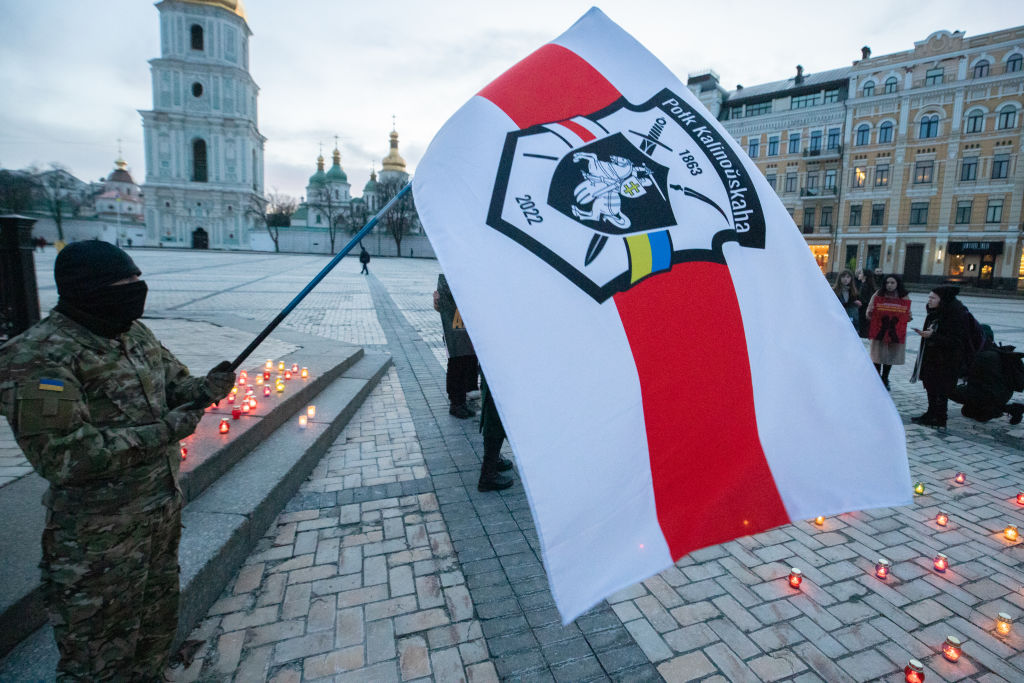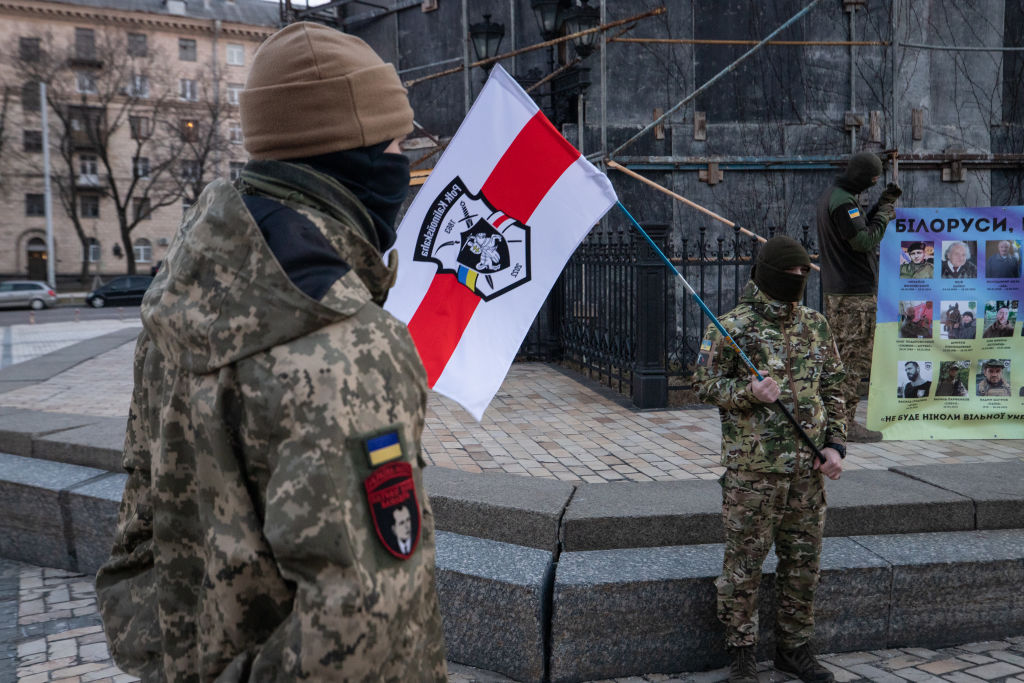NGOs and the European Commission have egg on their faces after they lambasted Poland over the imprisonment of Pavel Rubtsov, a Russian spy who was part of the recent prisoner swap with Russia.
The historic prisoner exchange between Russia and the West on August 1 left a sour taste for the European Union, NGOs and activists who defended Rubtsov, who was calling himself “Pablo González”.
He had worked for left-leaning news outlets and was arrested four days after Russia invaded Ukraine in February 2022. He was covering the situation at the border between Ukraine and Poland, where refugees then tried to get out of harm’s way.
The "Spanish" journalist Pablo "Gonzalez" (bald and bearded) who was in fact a Russian spy and part of the exchange with RU author Alisa Ganieva and Ilya Yashin in 2017. He infiltrated the Basque independence movement for the GRU. pic.twitter.com/k01OMX9vze
— Stephen Komarnyckyj #standwithukraine ?? #FBPE (@komarnyckyj) August 7, 2024
Poland asserted that González worked under the cover of a freelance journalist as a spy for Russia’s military intelligence service (GRU) and was placed in custody in a Polish prison because there was a risk of him escaping.
The Security Service of Ukraine had already required Gonzalez to leave the country.
Poland has arrested 18 people over the past six months, accused of various Russian-backed sabotage plans, including a plot to assassinate Ukrainian President Volodymyr Zelensky.
Polish courts kept the spy in pre-trial detention but NGOs such as the International Federation of Journalists (IFJ) and Reporters without Borders (RSF) called for his release.
That was despite independent Russian news agency Agentstvo reporting that González was close to the daughter of murdered Russian opposition leader Boris Nemtsov and had compiled reports on his communications with her since 2016.
He has described how he believed he had “managed to plant a seed of doubt among Euro-Atlantics” in European conferences.
The head of Britain’s foreign intelligence agency MI6, Sir Richard Moore, said at the Aspen Security Forum in 2022 that González was an “illegal” who was arrested in Poland after “masquerading as a Spanish journalist”.
The term “illegal” refers to spies who operate under non-official cover, meaning that they do not benefit from diplomatic immunity, AP has reported.
“He was trying to go into Ukraine to be part of their destabilising efforts there,” Moore said.
That did not stop IFJ and RSF, who attacked Poland over his imprisonment. Público, a left-wing magazine, published a letter where he complained about his imprisonment and lack of contact with family and friends. “I suffer greater psychological pressure and a greater sense of loneliness,” he is cited as saying in a letter sent to the European Court of Human Rights in Strasbourg.
Miguel Ángel Noceda, President of the Federation of Spanish Journalists’ Associations, together with the Association of Journalists in Spain (UGT), the Secretary General of the Federation of Journalists’ Trade Unions (FeSP) and The Federation of Citizen’s Services of Comisiones Obreras (FSC-CCOO) all joined in, demanding the release of González in the name of press freedom.
This prompted the EU, which was already in a fight with the then-PiS Conservative government of Poland, to lambast the country over its rule of law report.
In the chapter on Media Pluralism and Media Freedom, the European Commission wrote that “journalists have continued to encounter difficulties in their activities”, explicitly referring to the Russian spy.
“A freelance journalist was arrested in February 2022 by the Polish Security Services and accused of conducting illegal espionage on behalf of the Russian state. Press freedom organisations have raised concerns about the lack of evidence for arresting the journalist who still remains in pre-trial detention,” the body stated.
Hard-left MEPs also pushed the protests. Manu Pineda, from the Spanish Communist Party and a member of The Left group, accused Poland of “breaching his rights with regard to his [González] physical and mental integrity, human dignity and right to life and to the ban on degrading treatment”.
In reply, EC Vice-President Věra Jourová referred to the 2023 Rule of Law Report
An exchange involving twenty-four prisoners has taken place in Turkey – the first since the last major swap between the West and Russia in 2010 of 14 prisoners. A breakdown of who was on the list. ⬇️ https://t.co/pRzxmZ1yKK
— Brussels Signal (@brusselssignal) August 2, 2024
When the bearded 42-year-old González/Rubstov arrived in Russia as part of the prisoner swap, he was warmly welcomed by Russian President Vladimir Putin.
AP reported that Rubstov was born in Soviet Moscow and went to Spain with his Spanish mother when he was nine years old. He became a Spanish citizen and adopted the name of Pablo González Yagüe. He went into journalism, working outlets Público, La Sexta and Gara.
His grandfather, a Basque nationalist, migrated from Spain to the Soviet Union as a child during the Spanish Civil War of 1936-1939.
González has dual Russian and Spanish citizenship.
Brussels Signal reached out to the European Commission for a reaction but at the time of writing had not received a reply.
The inner circle of MEP Carles Puigdemont had been aware of Russia’s plan to invade Ukraine since 2017, the National High Court of Spain has revealed. https://t.co/1CahotfjaL
— Brussels Signal (@brusselssignal) January 30, 2024
Update: On Thursday evening, a Commission spokesperson told Brussels Signal, “In its 2023 Rule of Report, the Commission factually reported that the case of Pablo González was raised by media freedom organisations, notably in an alert published on the Council of Europe’s platform. It is usual for the Commission to refer to those alerts for all Member States.
“The Commission made very clear in its report that Pablo González was accused of conducting illegal espionage on behalf of Russia and the report refers to Polish Security Services.
“The position of the Commission in condemning Russia’s espionage, hybrid threats and disinformation campaigns is strong and well known, and there can be no doubt about it.”





